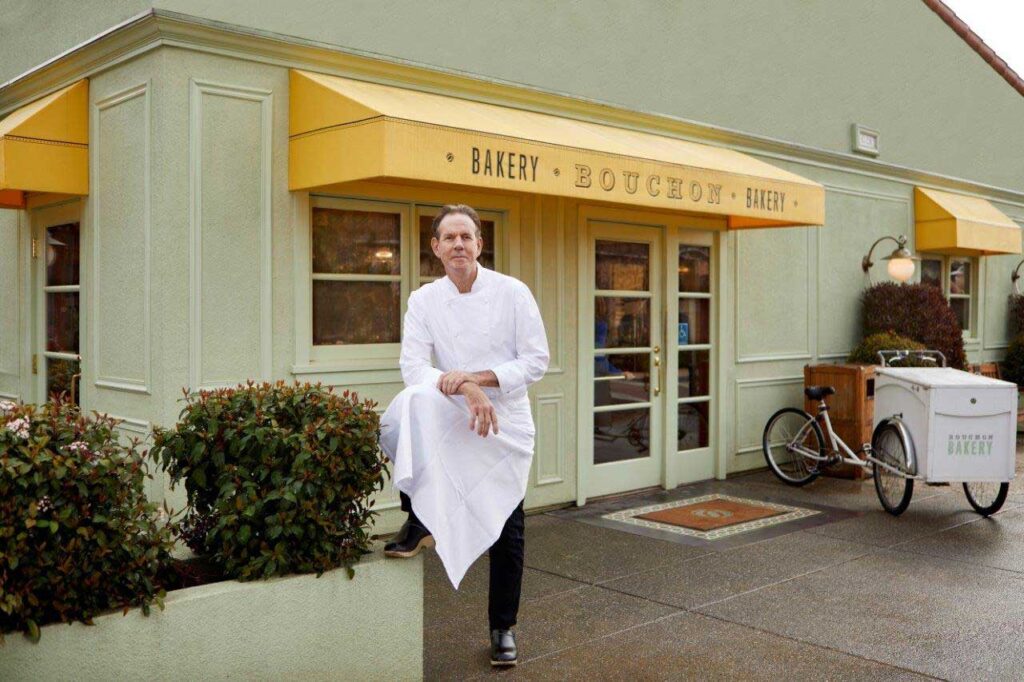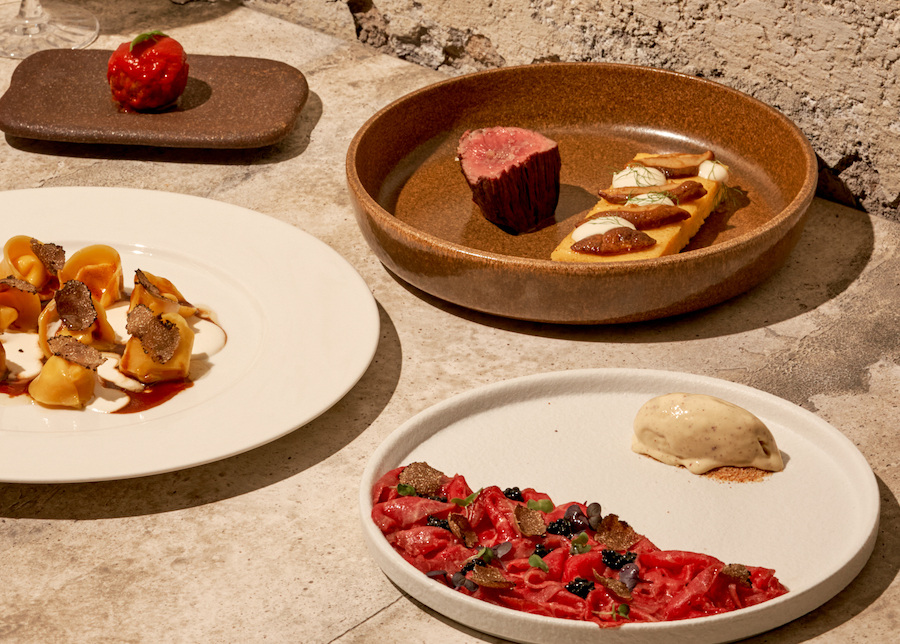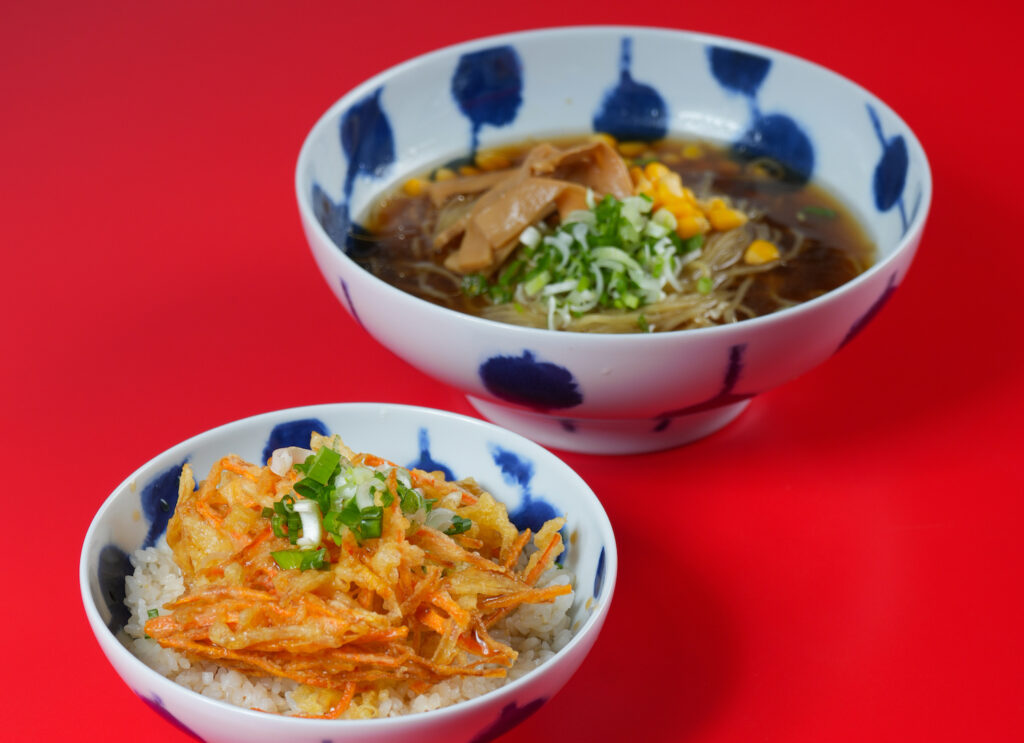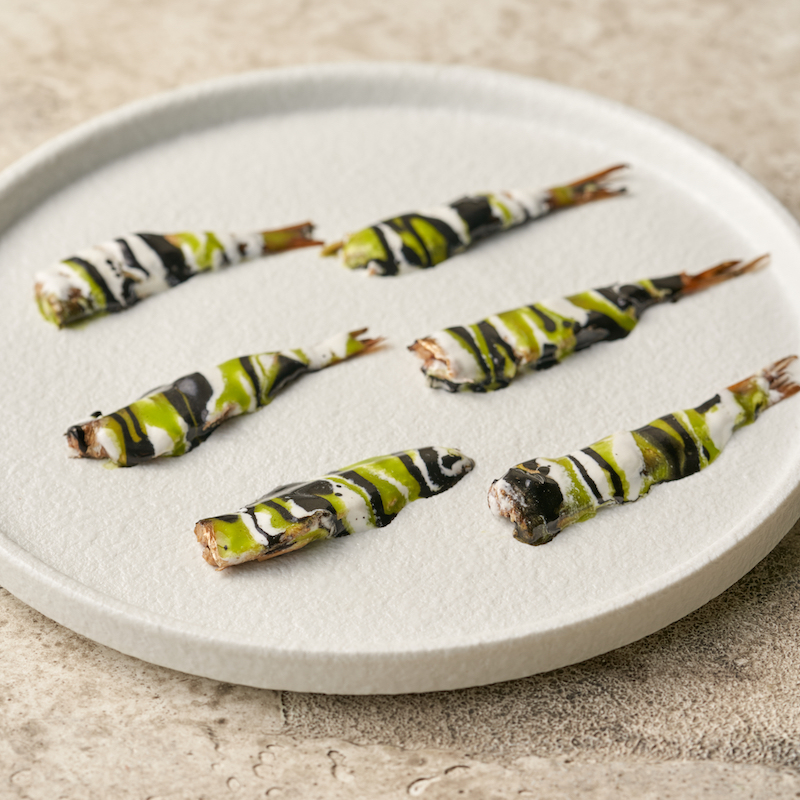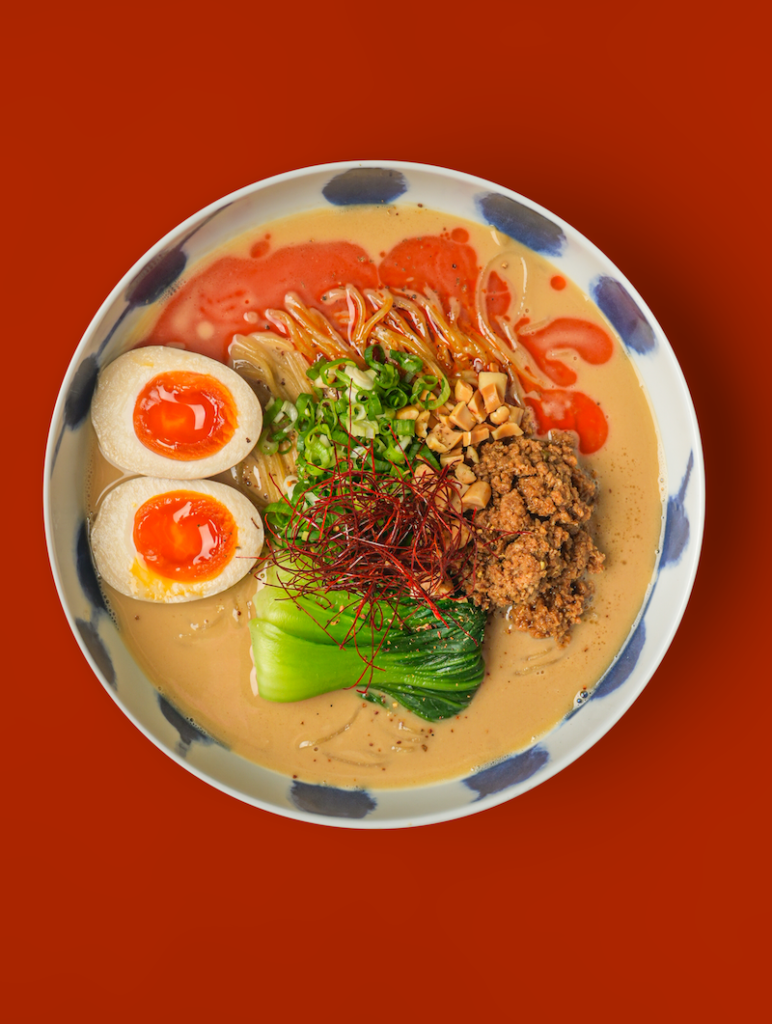Ever wondered what brand of knives chef Keller uses or what his most treasured piece of advice is? Here, the celebrated chef shares a little bit about himself.
Renowned for exceptionally high standards and perfected culinary skills, chef Thomas Keller is the first and only American-born chef to hold multiple three-star ratings from the Michelin Guide, and at present, his restaurants carry seven Michelin stars in total: three at Per Se, three at The French Laundry, and one at Bouchon Bistro – all of which are located in the US.
It goes without saying that he’s one of the world’s most celebrated chefs, who played a major role in redefining food across America.
He now has several outlets across the Middle East, including Bouchon Bakery in Abu Dhabi. Getting to know more about the man who has achieved so much, here’s what he shared…
Is there any advice you wish you had received, when you were first starting out as a chef?
I was very fortune to receive advice that forever changed my path. It was a few words from my mentor, Chef Roland G. Henin one summer at The Dunes Club in Narragansett, Rhode Island. He told me that there is a reason that cooks cook. And that reason is to nurture people. Cooking was physical. But it was also emotional, a conduit for human connection. We cook to nurture. To make people happy. To create lasting memories around a meal. Chef Henin’s words became my guiding principle, the foundation of everything I try to do.
What’s your favourite knife brand?
I have been using MAC Knives in my restaurants and at home since 2000; their superior quality lends itself to precision and control, both of which are fundamental for tasks in the kitchen.
If you could only have one piece of kitchen equipment, what would it be and why?
A piece of cookware from All-Clad. I believed in and used All-Clad long before I partnered with them. They continue to innovate and ask the right questions about what chefs need and how they cook.
Who is your favourite chef?
My favorite chefs are the ones who came before us: the innovators and influencers who inspired a generation of chefs and whose experience and expertise paved the way for the most refined and advanced culinary era in history. We must honour that first generation of acclaimed French chefs in America, from the 1960s and 1970s, as an essential part of our larger community that ignited the culinary movement in America and inspired so many chefs like myself. Their genius made today’s novel kitchen arts possible and elevated the status of cooking, in the eyes of Americans, from a mere job to a prestigious profession. Without them, nothing would have been possible.
What is your daily routine? Do you have any daily rituals?
Yes. Mise en place – French for “everything in its place” is the single most important step in cooking and can be applied to daily rituals. It’s about having everything you need to start cooking; picturing ever task involved in developing a dish – all the ingredients and all the tools – and having them organized in advance. Whether it’s mise en place for a meal or service or for life, it’s all the same thing.Prepare yourself today for tomorrow.
What ingredients do you love to work with?
Our food philosophy is really based on our ingredients; those ingredients that are coming from our farmers, our fisherman, our gardeners, our foragers. These individuals are critical to what we do and what we are able to prepare for our guests.Some of the farmers and fisherman and gardeners have small businesses and they need our support; that responsibility is very significant. We have known many of our purveyors for decades and we cherish those moments and relationships.
When hiring people to work in your kitchen, what top 3 traits do you look for?
One of our primary jobs and responsibilities is to hire the right people – those men and women who possess the skills and have the attitude and mindset to enter our profession. We have to give them training that goes on the entire time they’re with. We then have to mentor them not just in their career, but in their lives. If we do those things right, what happens? They become better than you. And if they’re not, then you haven’t done a very good job.
